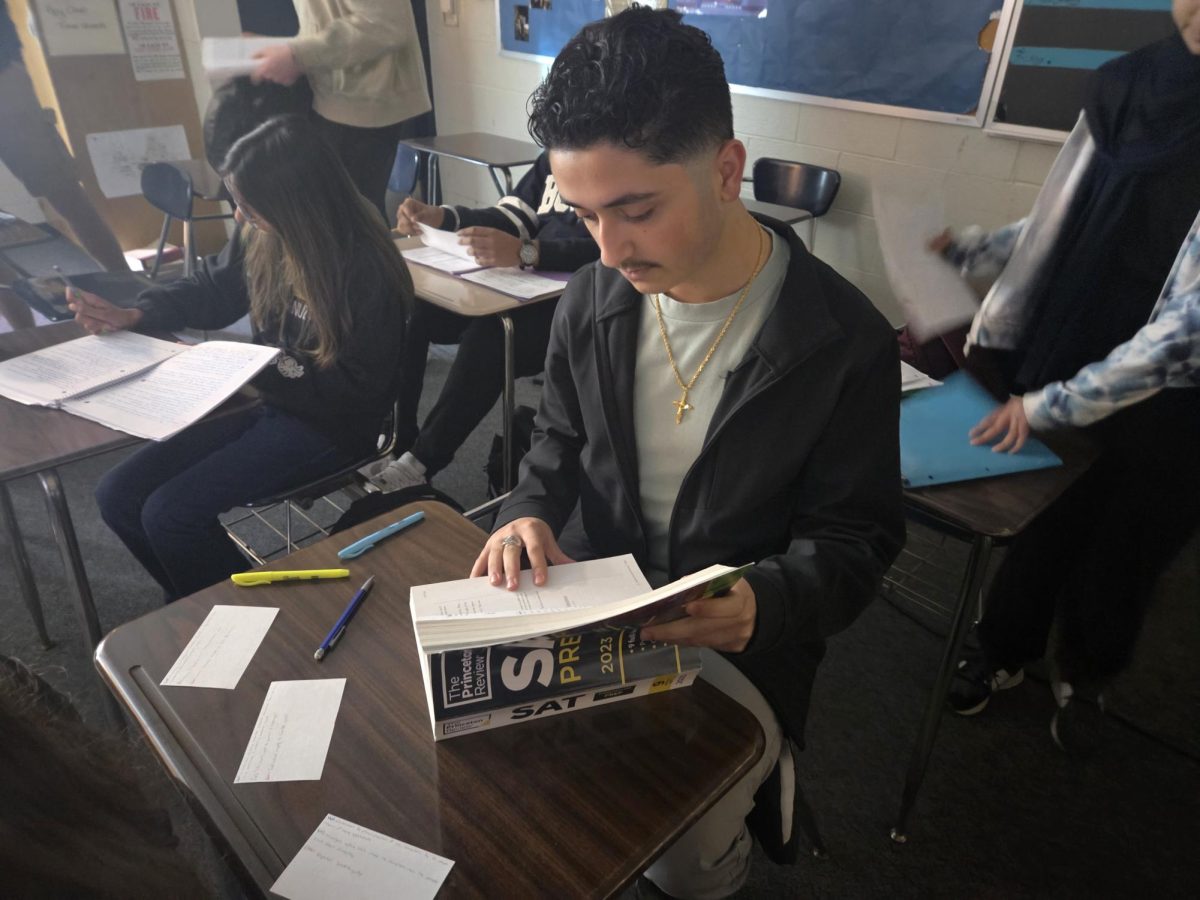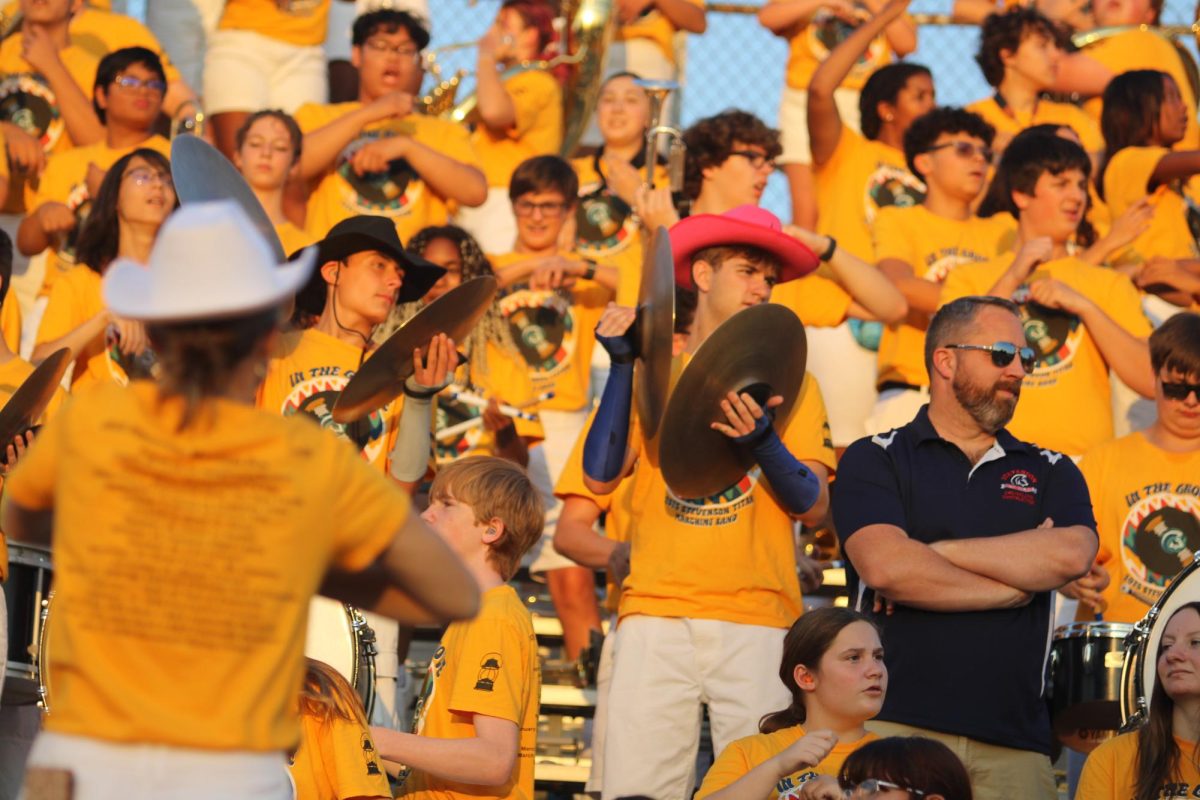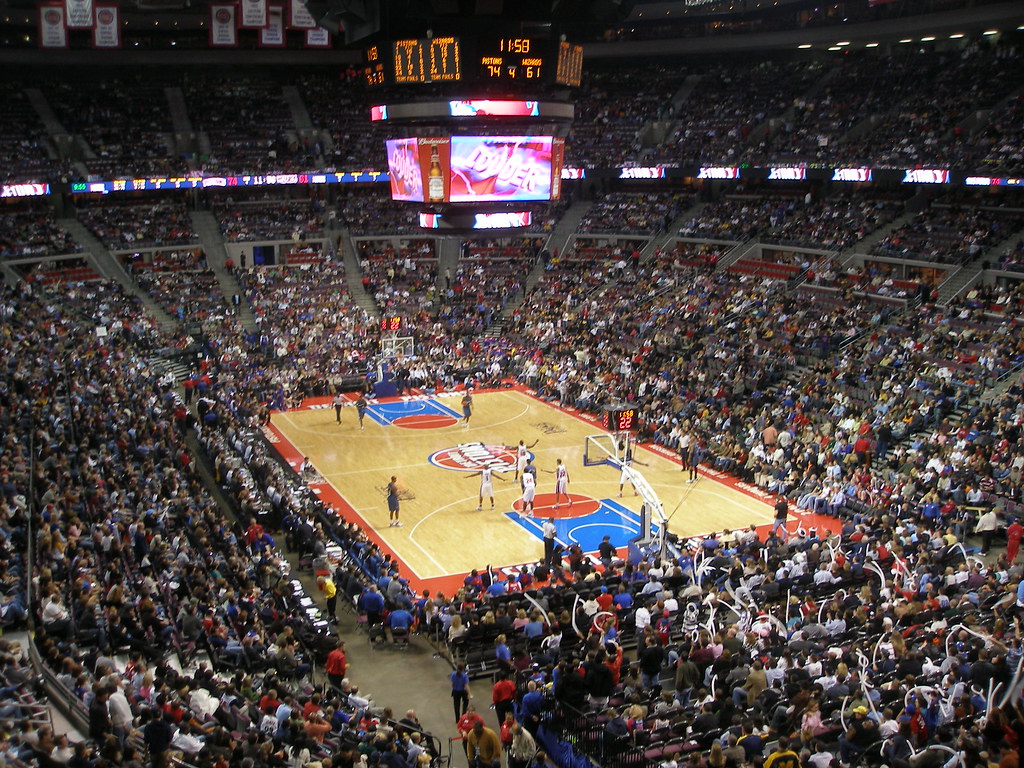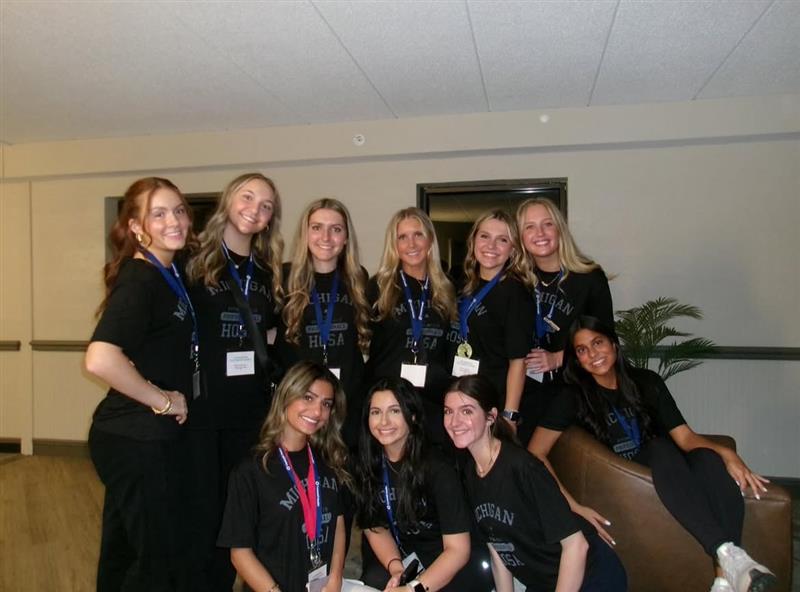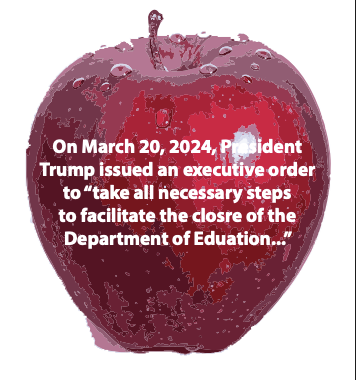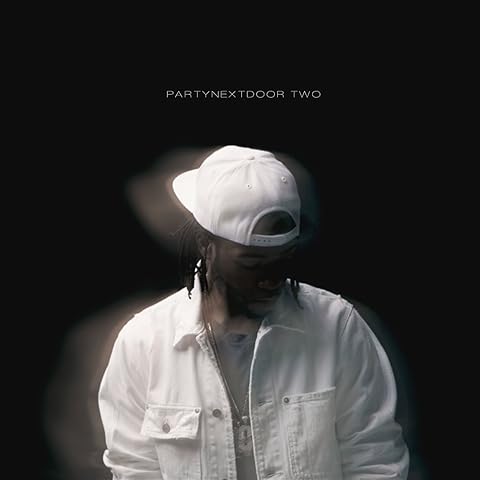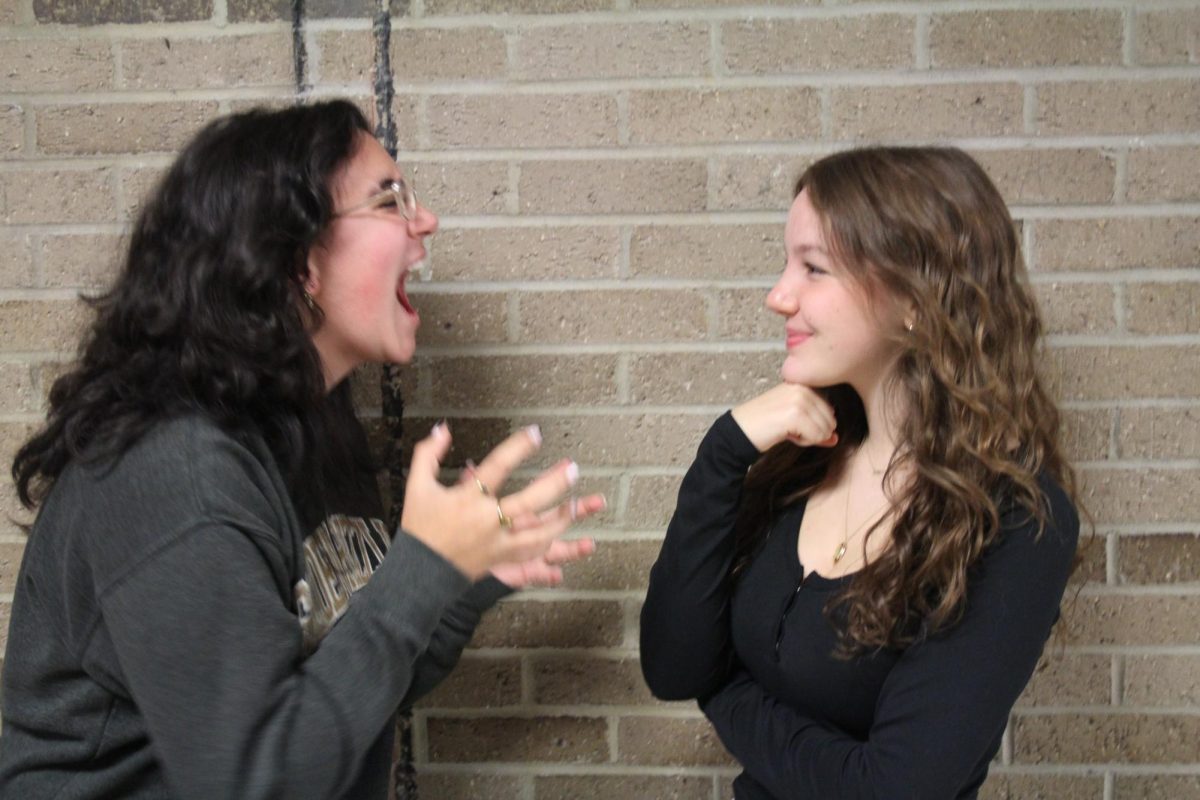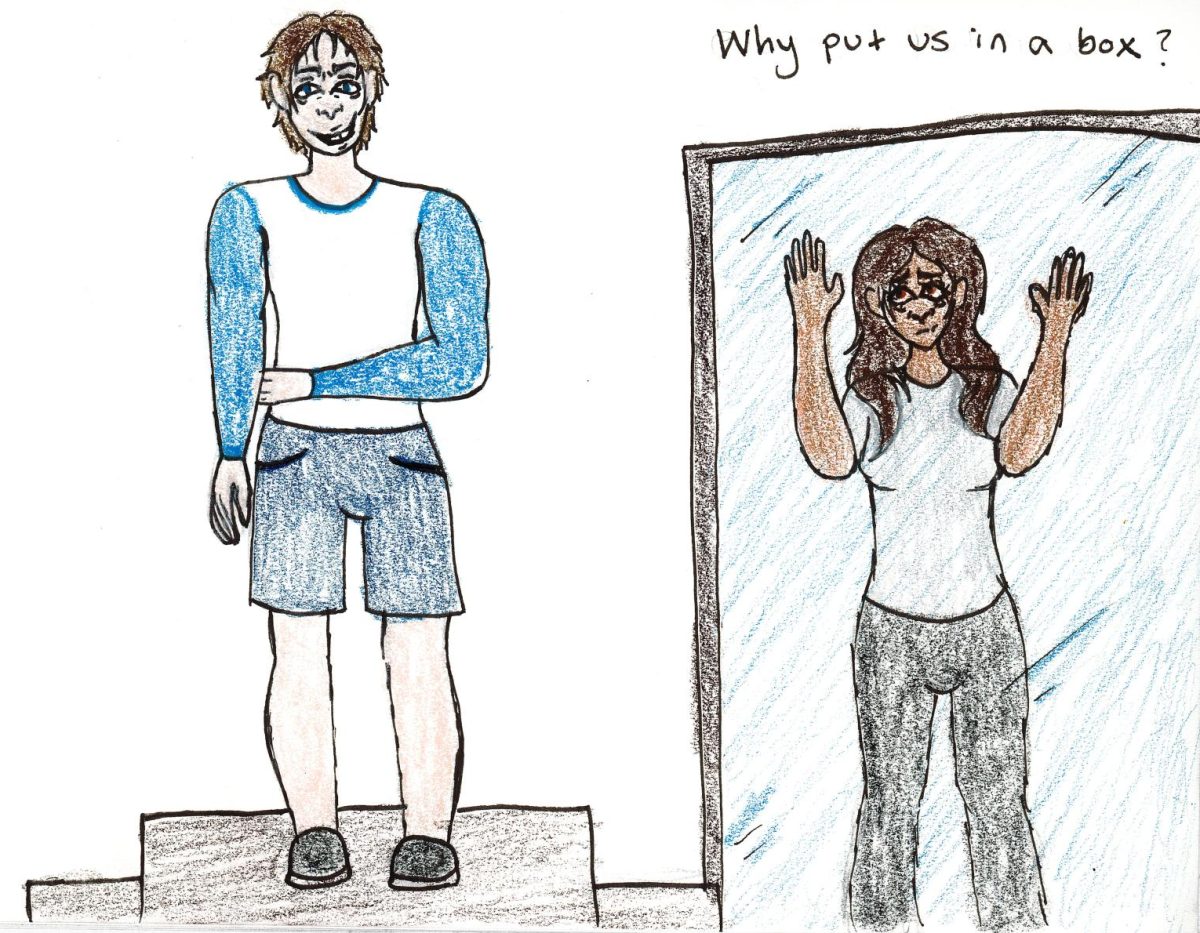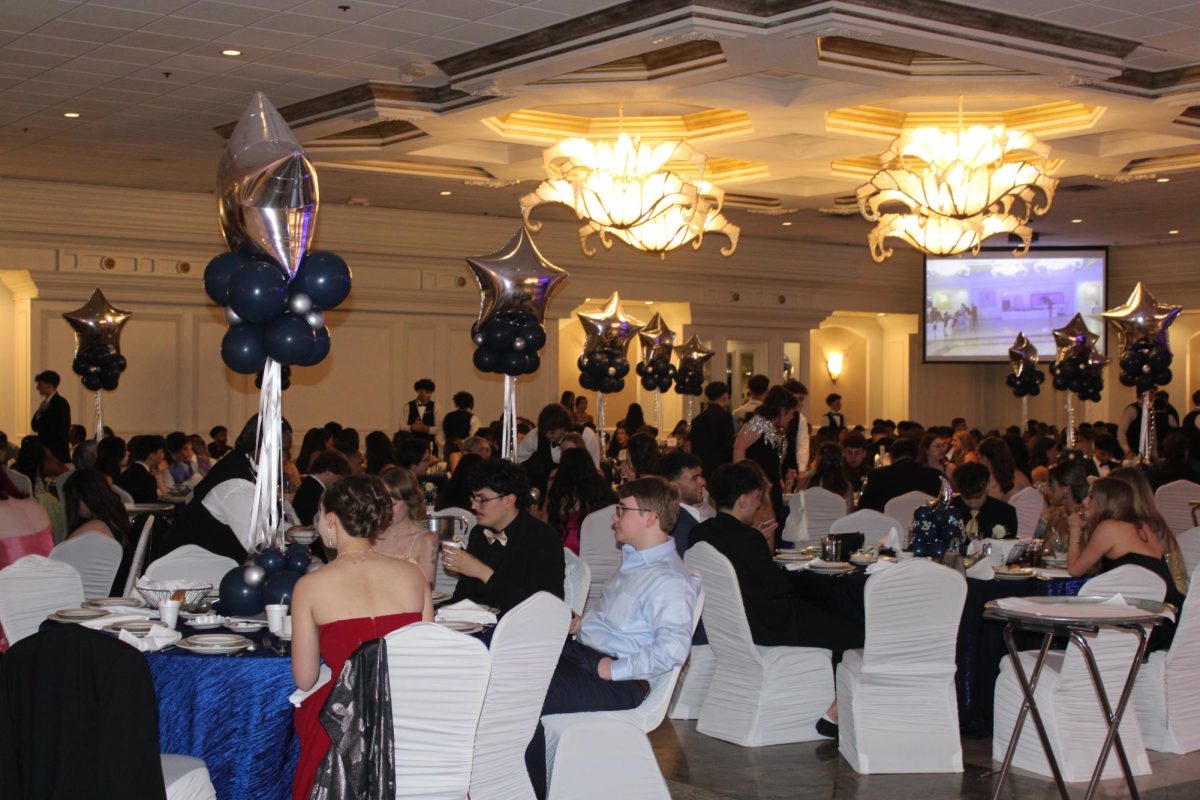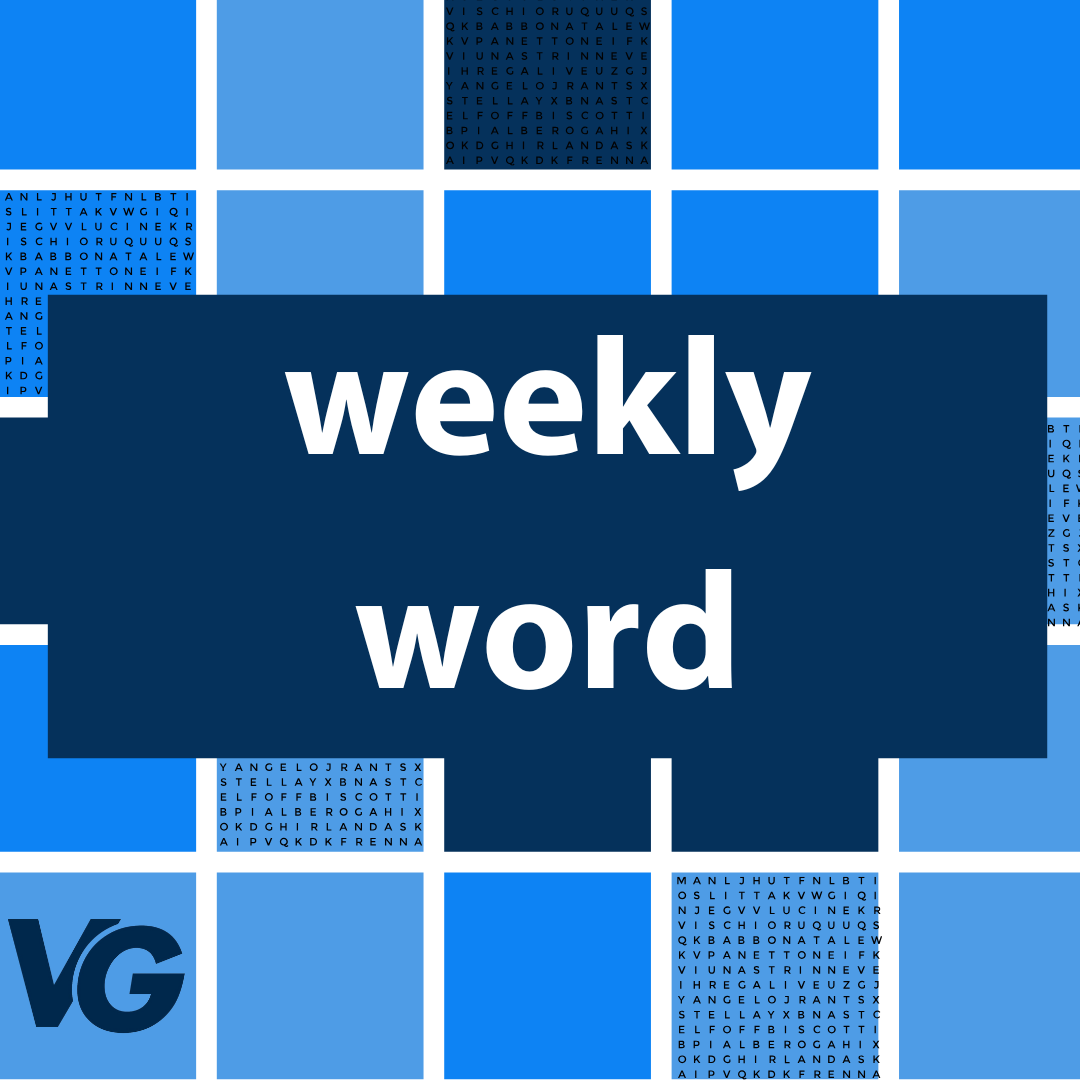Social media has become essential in recent times. An estimated 5.17 billion people, or 64.4% of the population, use social media. The average user spends 2 hours and 28 minutes per day on social media. While we use social media to display our lives, our politicians use social media to create their platforms. When users online are free to chat with each other, arguments are certain to arise, and when they do, algorithms reward it.
Social media algorithms are designed to value engagement over messaging, with posts that have more comments, shares, likes, and sometimes dislikes being recommended more than others because they increase the time spent on the app.
Our society was stuck on social media for half a year during the COVID-19 lockdowns, and the impact was nothing short of profound. Online outrage and incidents during the pandemic sparked arguments, arguments that were amplified by the attention they received, eventually leading to further outrage. The outrage caused by various posts had irreversible effects.
Online arguments have drawn caricatures of different opinions, leading to automatic assumption of an individual which leads to autonomous attacking of an individual.
By constantly arguing and being outraged, our society lost respect and understanding for each other. The time we have spent online being rewarded with “fame” for fighting has done lasting damage and has effectively killed communication in our society.
These habits found their way into our political discussions, online and in person. These behaviors have caused political discussions to be less of discussions and almost always debates. There is never understanding, never compromise, but rather ignorance and disregard for a side other than the one someone sits on.

